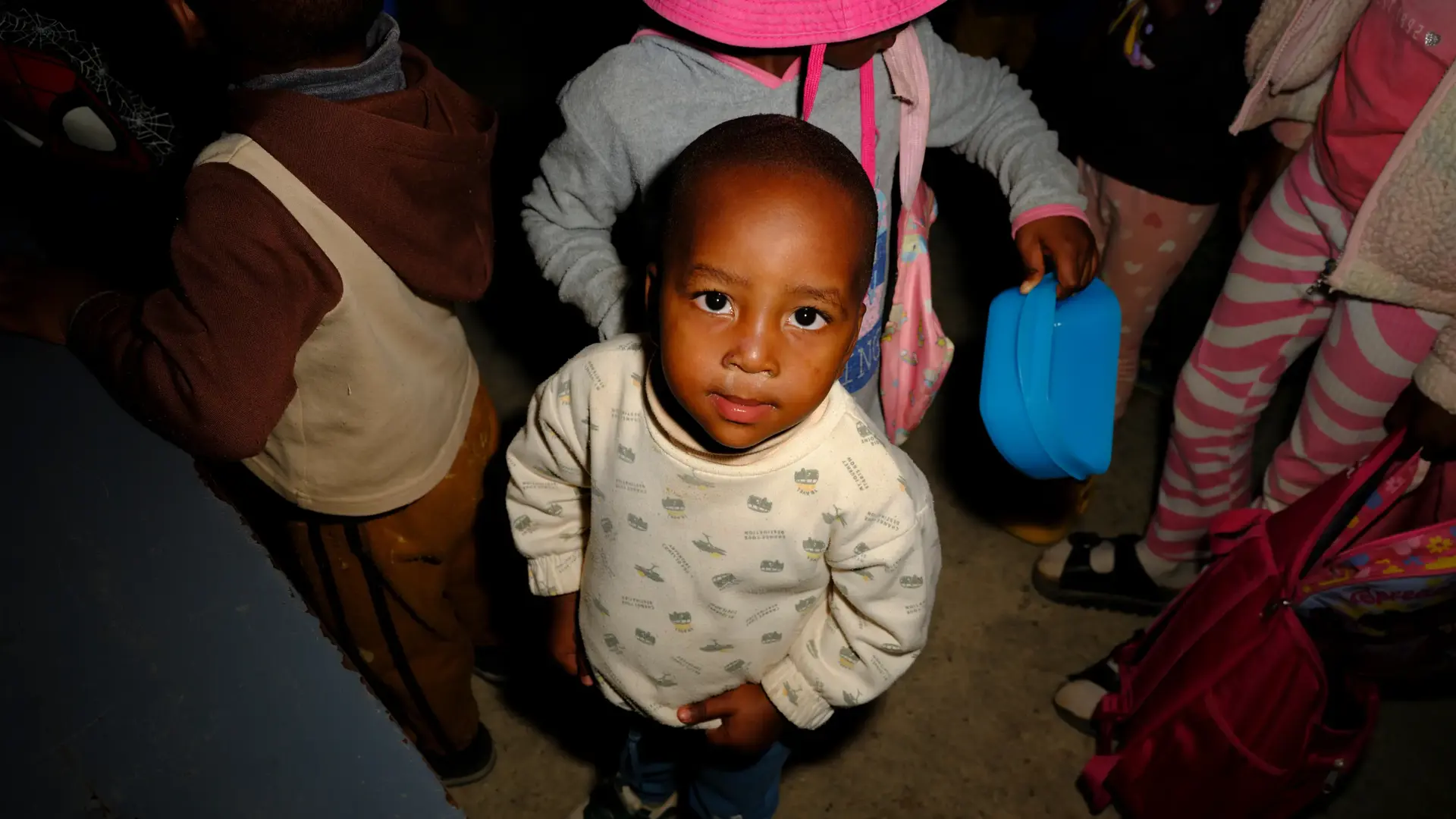In a region where 70% of children live in multidimensional poverty and face chronic food insecurity, we feed children.
Meals
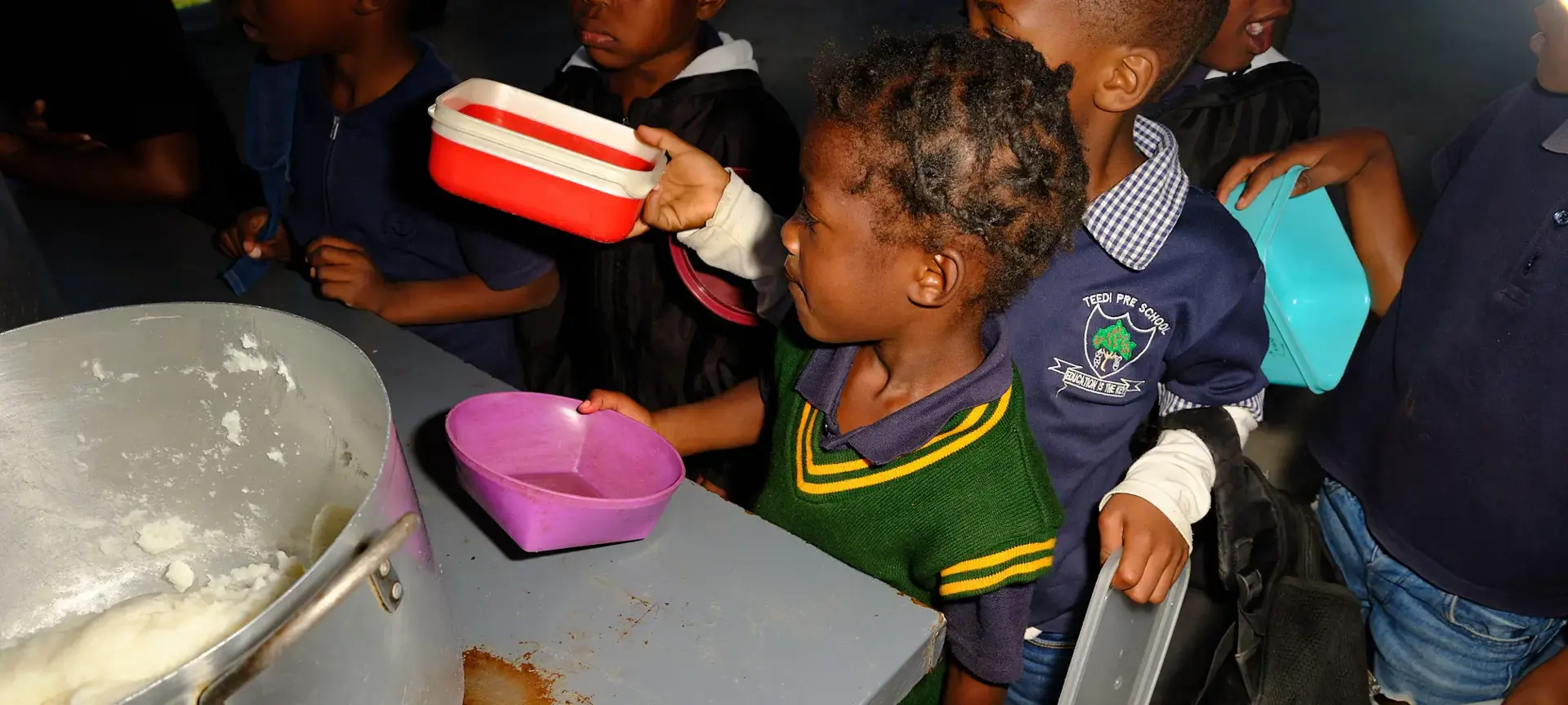
Jobs
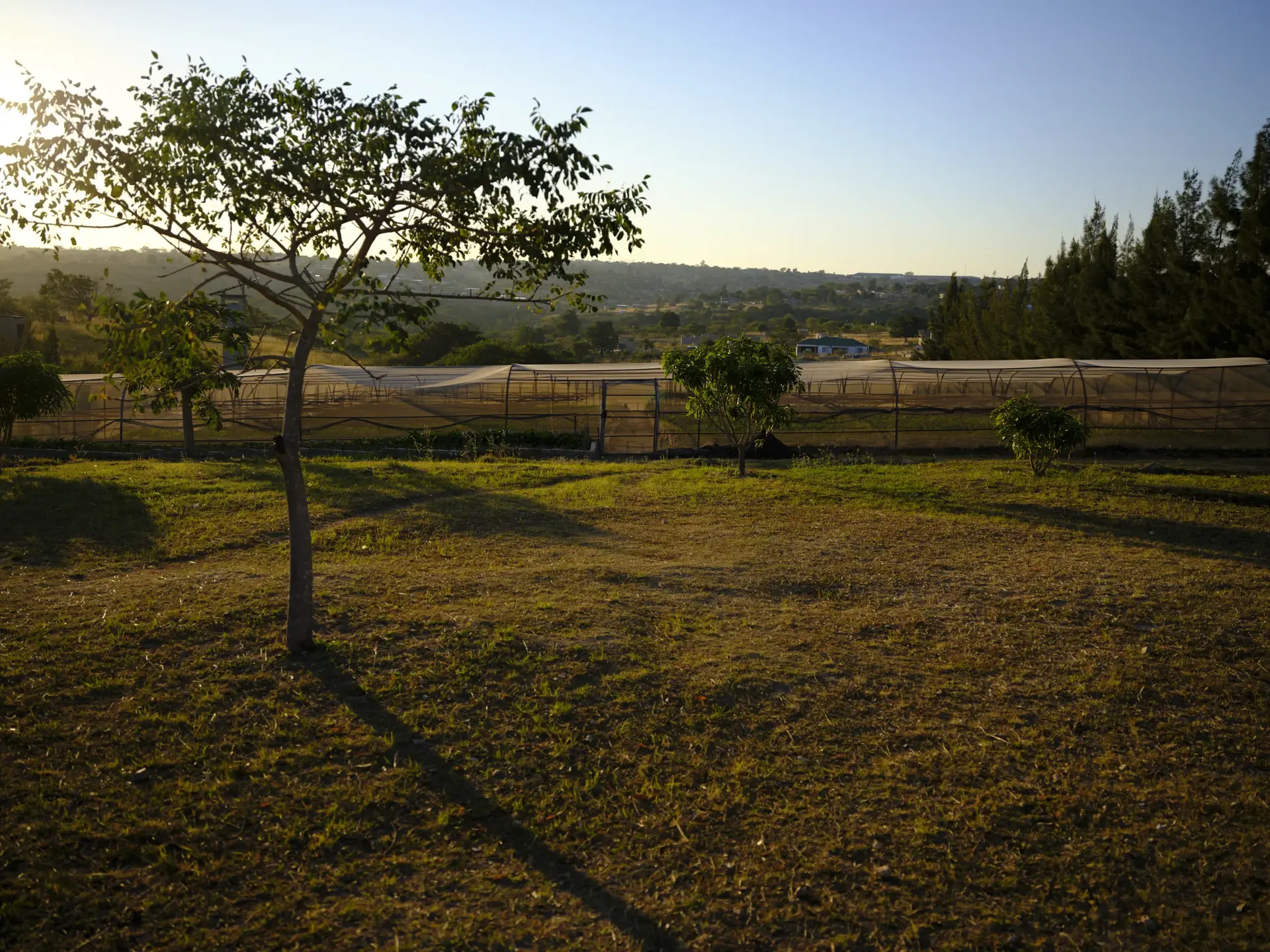
Farming
From our organic garden we sell surplus produce at reasonable prices, increasing access to healthy food choices for our community. We are good stewards of the earth, using solar-power boreholes and good farming practices that respect the land.
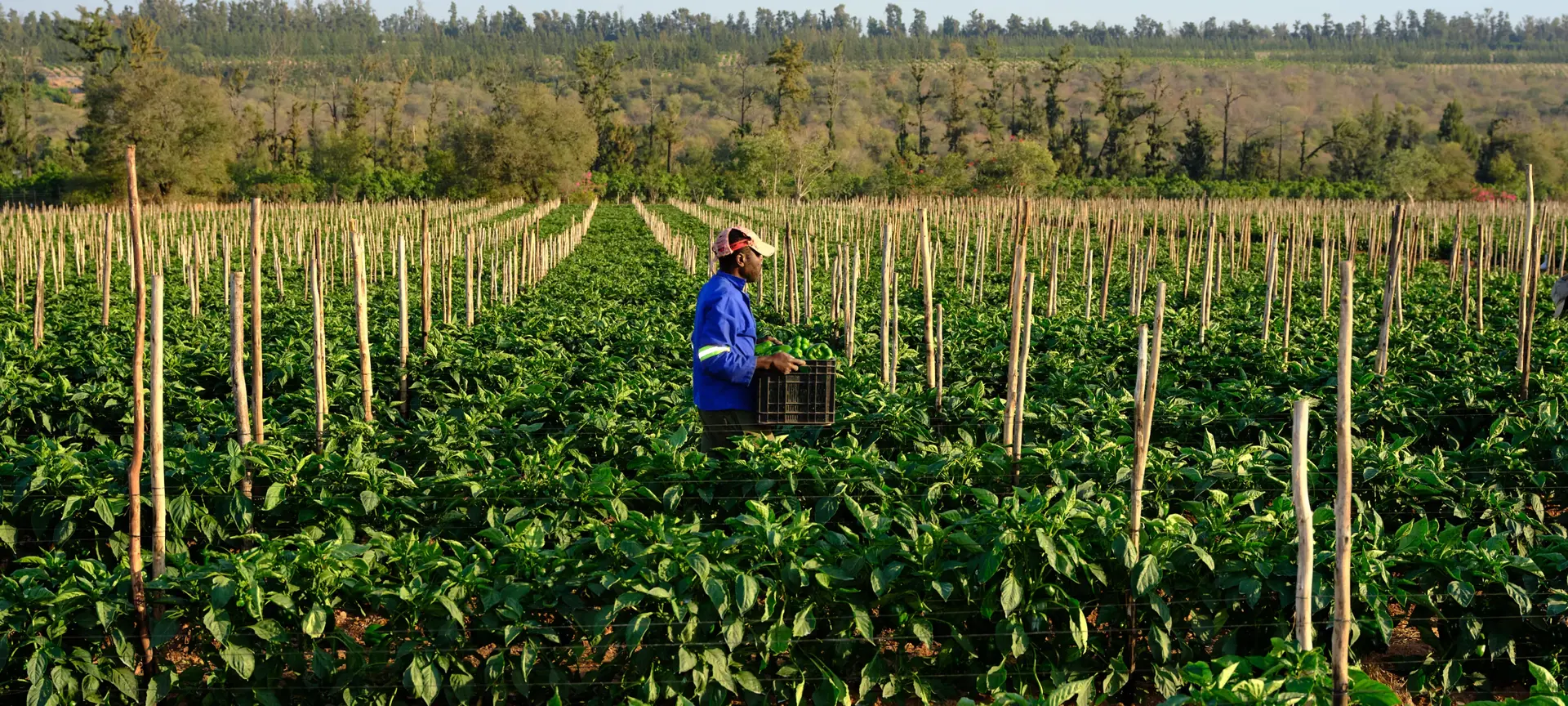
We began feeding 86 children in 2016 and today we feed more than 1,000 children each day, and we are growing.
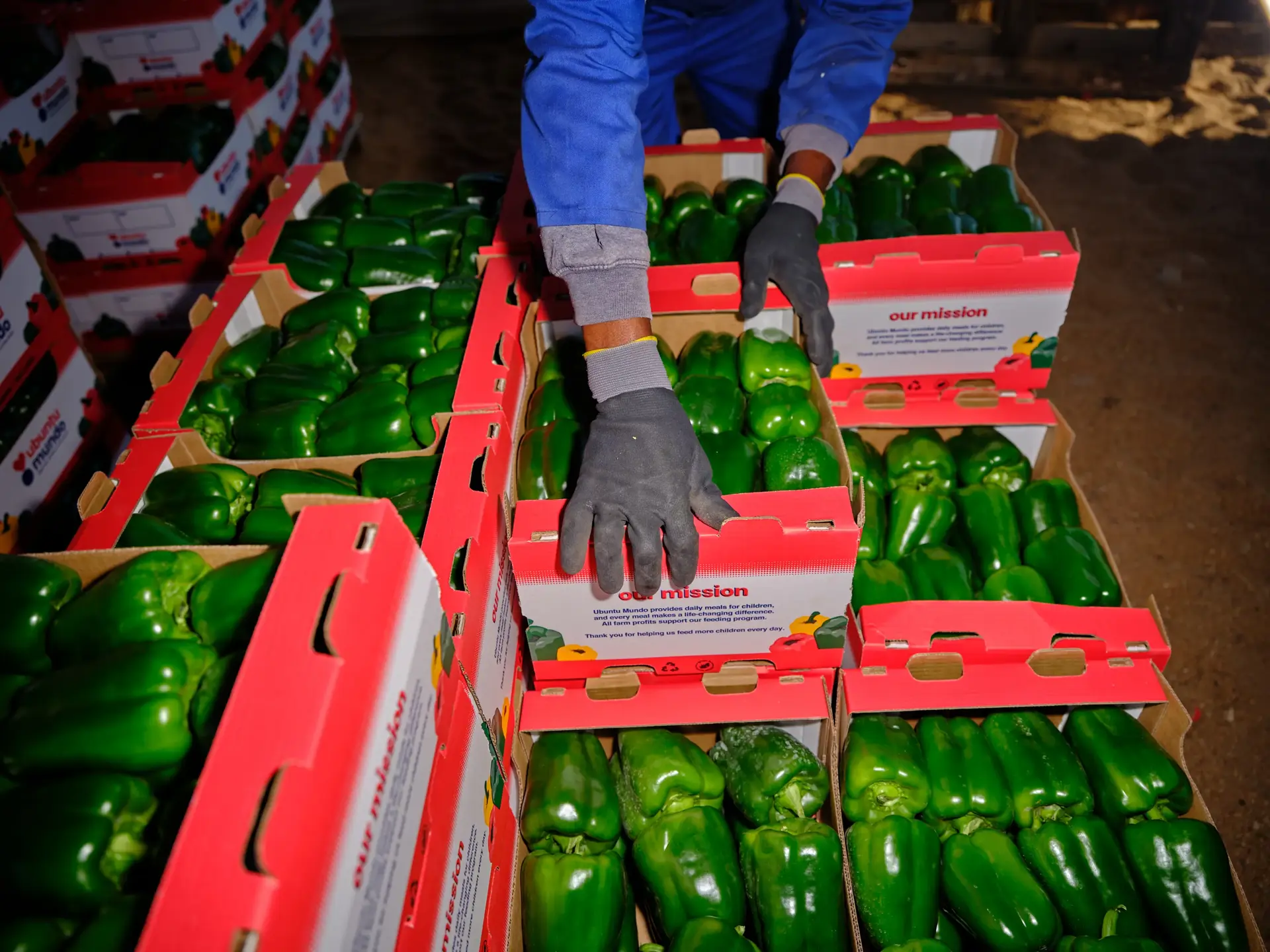
Current situation
South Africa reports that 55% of the population lives below the poverty line, with 25% of people experiencing chronic food insecurity. And in rural South Africa, where we operate, the situation is even more dire, with _% living in multidimensional poverty – meaning they face challenges on multiple levels including health, education, and living standards. Inadequate access to clean water and sanitary conditions is especially harmful.
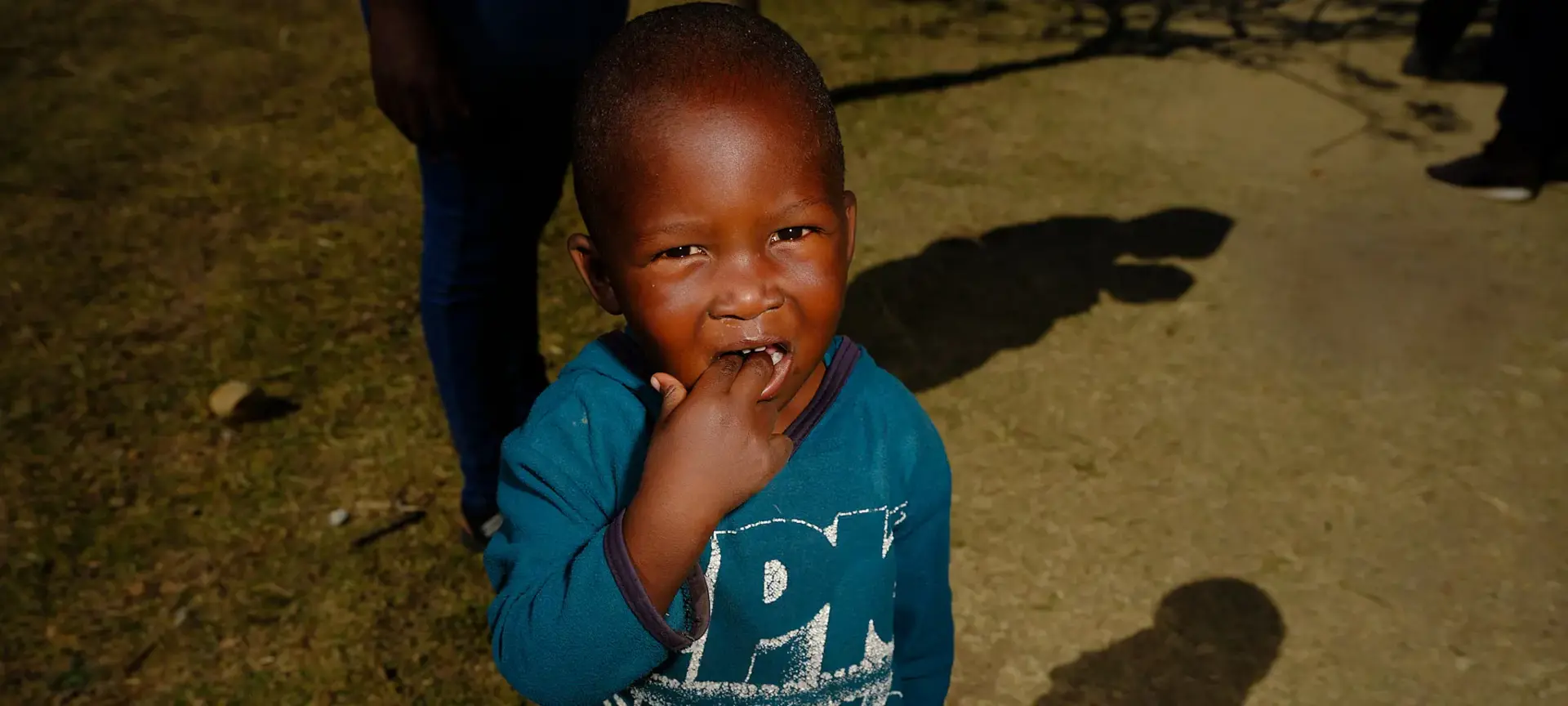
Feeding programs have big impact
Investing in food programs is an investment in education, and the returns on investment are substantial. According to UNESCO, feeding programs deliver $9 return for $1 invested, a 800% return over the life-time of a child. Benefits in terms of health, wellbeing, educational performance, and future opportunities.
When designing our programs we keep our eyes on the United Nations’ Sustainable Development Goals, the UN’s blueprint to end poverty, protect the planet, and reduce inequality. With 17 goals, they tackle big issues like conflict and climate change and focus on making sure no one is left behind by balancing economic growth, social well-being, and environmental care.
As we work to feed children, we are also mindful of our impact on the environment and all the people our programs touch. We are responsible stewards of the land; we create positive working environments, paying good wages with opportunities for growth within the organization; and most of all we build environments that honor childhood, creating an atmosphere that of learning, respect and joy.
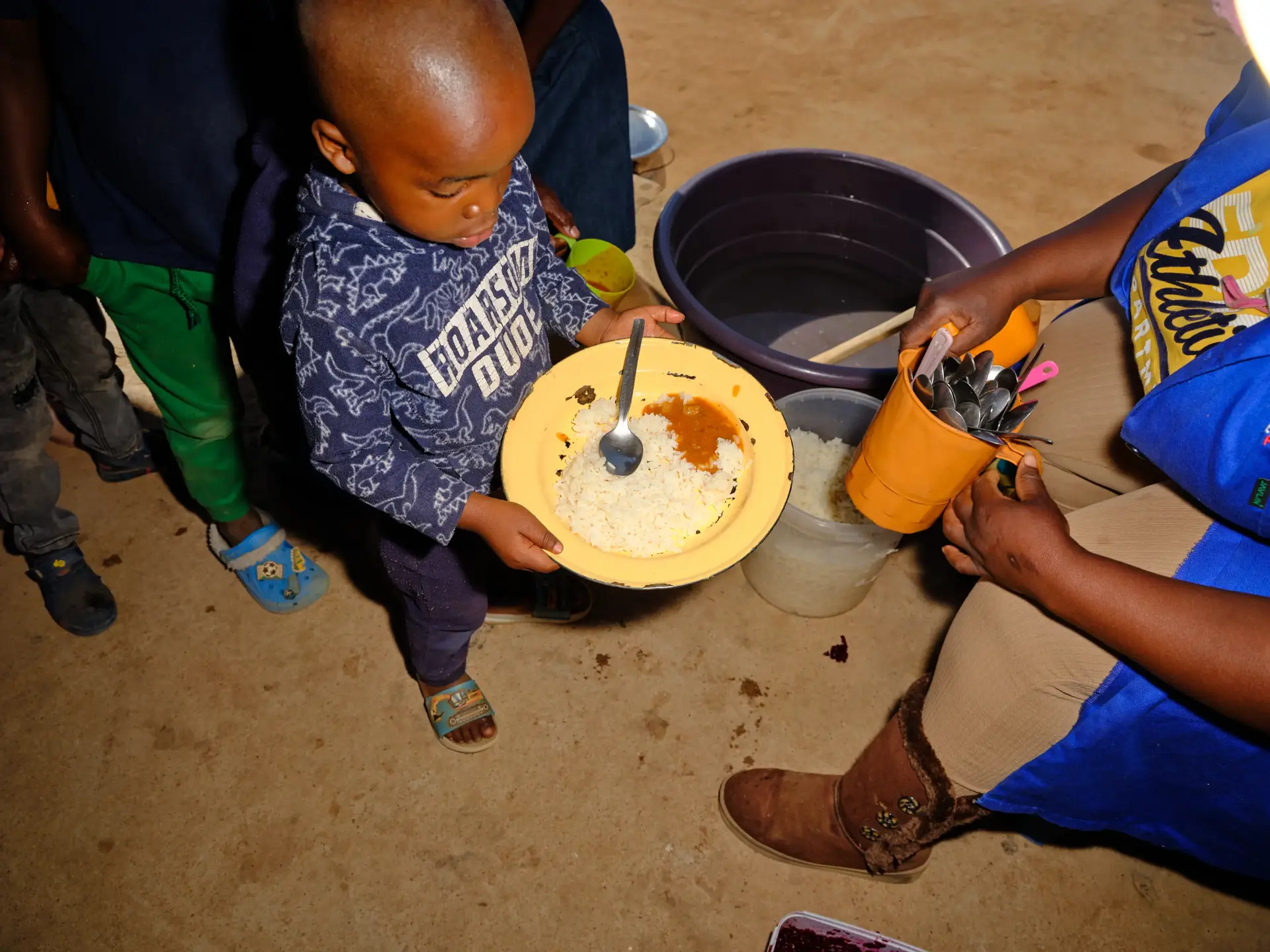
Assessing success
